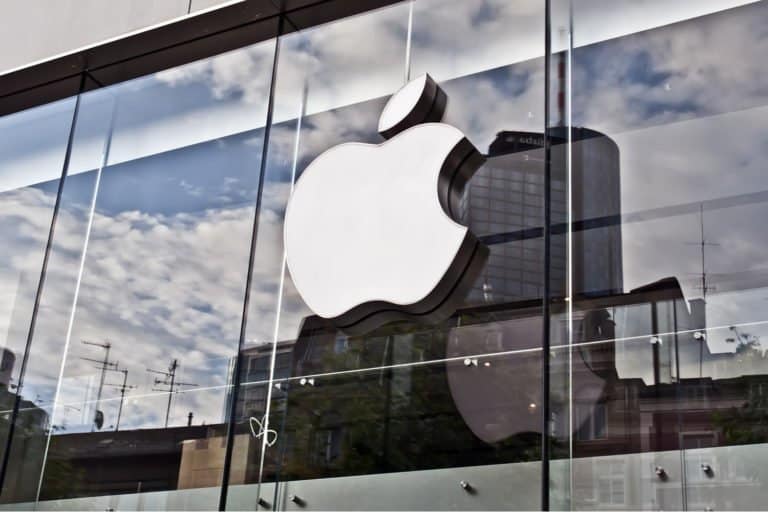If you are an iPhone user, you might have to wait a little longer for a new model release this year. That’s to be expected, of course, with the pandemic shutting down production across multiple industries.
During the release of Apple’s third-quarter earnings, Luca Maestri, the CFO, said that Apple’s delivery of new phones will be a few weeks late this year. Last year, they released the iPhone 11 models in September.
The announcement is strange, coming from a company that refuses to acknowledge timelines for new annual releases. However, there’s precedent for an Apple delay, since their 2017 iPhone X release happened in November.
Possible upcoming 5G support and a surprise performance
Market expectations are that they will release new models with support for the new 5G network. When Apple shared its quarterly earnings, it became clear that it shattered Wall Street expectations, posting an increase of over 11% year-over-year in revenue, with $59.69 billion.
Analysts had expected that they would only manage to hit $52.25 billion at best. This was not the only thing that was surprising for Wall Street. The Apple earnings per share were estimated at $2.04 but the end result was $2.58.
To break the $2-trillion market cap
In reaction to the earnings announcement, Apple’s stock was up by about 5% in after-hours trading. As CEO Tim Cook said, Apple’s record June Quarter was driven by double-digit growth in products, services, and geographic segments. Even in uncertain times, the behemoth company is still posting great results.
They also announced that they would do a four-for-one stock split. If someone had one Apple stock, they will now have four.
It is clear now that the pandemic has not affected share prices or revenue growth for Apple. However, their announcement admitting that their release will be late, shows that their production was halted for a while. It will most likely push their traditional September release forward.
Tip: Is Apple going to consolidate or innovate in end-user computing?
